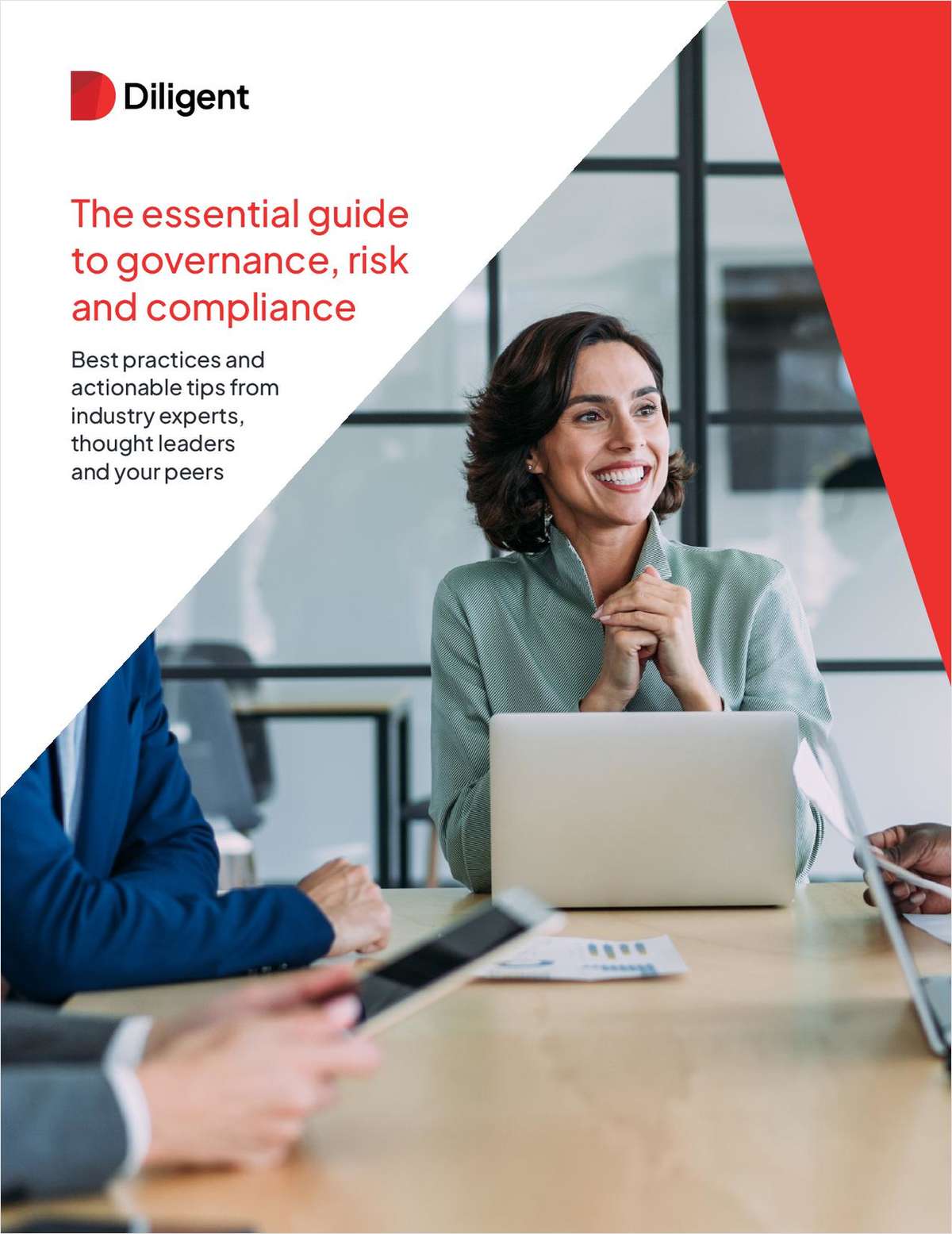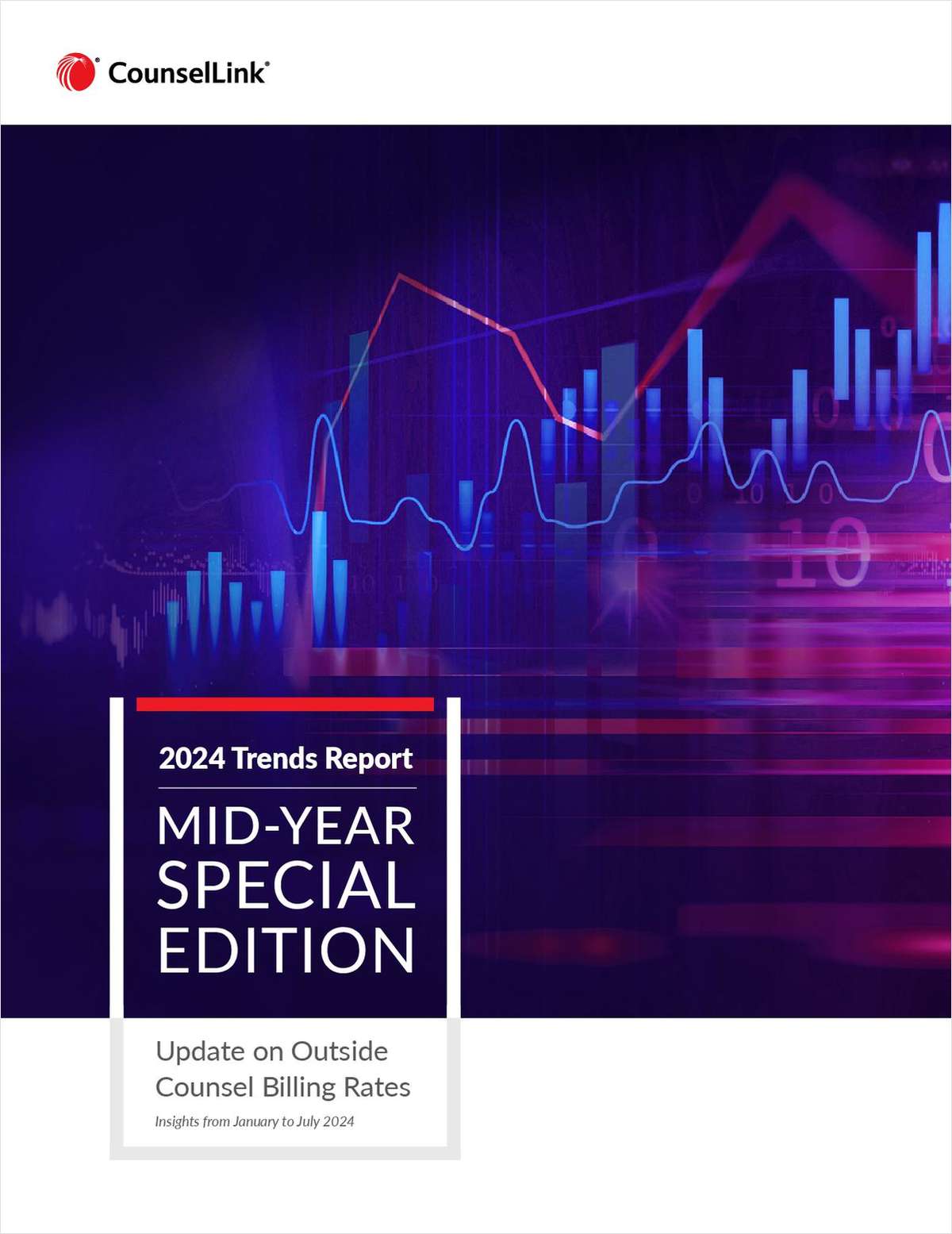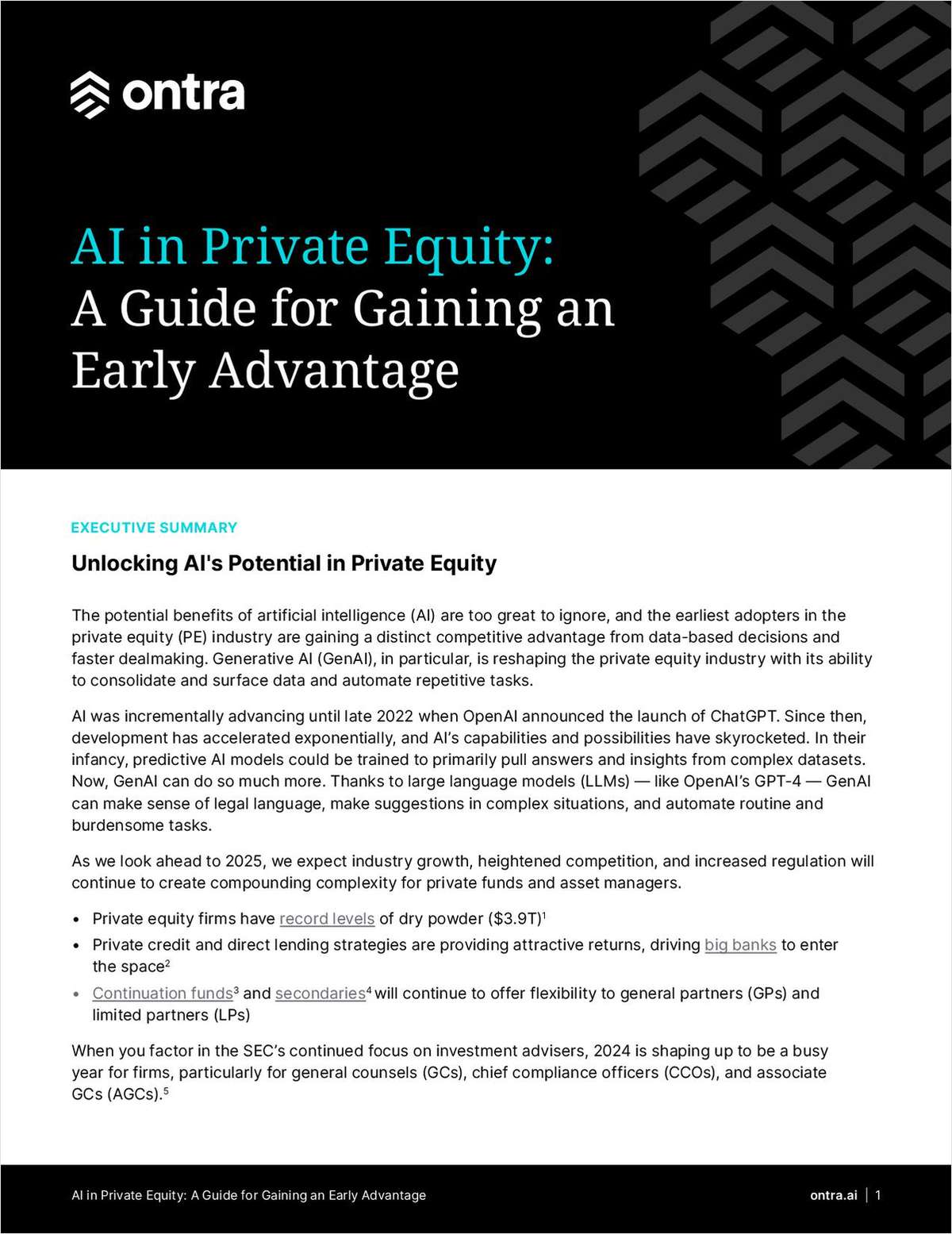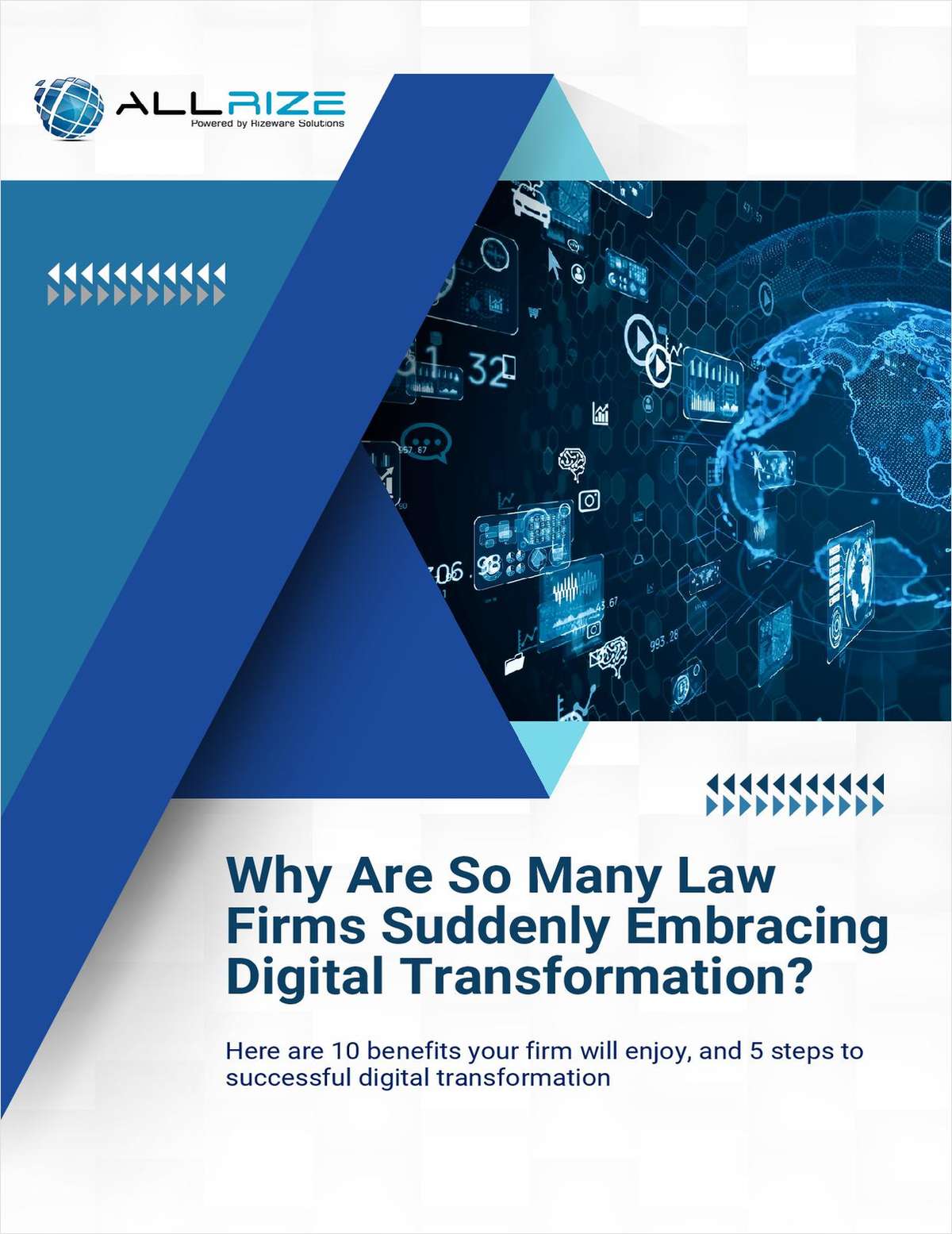District Court Sanctions Attorney for Ghostwriting Expert Report
It has been less than one year since the Pennsylvania Supreme Court codified, via amendment of the civil practice rules, its holding in, 91 A.3d 680 (Pa.2014). In an evenly divided court affirmed a ruling issued by an en banc panel of the Superior Court, and held that all communications between an attorney and his testifying expert were shielded from discovery by the attorney work-product doctrine.
February 17, 2015 at 07:12 AM
7 minute read
The original version of this story was published on The Legal Intelligencer
It has been less than one year since the Pennsylvania Supreme Court codified, via amendment of the civil practice rules, its holding in Barrick v. Holy Spirit Hospital, 91 A.3d 680 (Pa.2014). In Barrick, an evenly divided court affirmed a ruling issued by an en banc panel of the Superior Court, and held that all communications between an attorney and his testifying expert were shielded from discovery by the attorney work-product doctrine.
Since Barrick (and the subsequent rule change), there has been considerable debate over whether the court got it right or wrong. On one hand, some practitioners lauded the decision and the new rule as bringing Pennsylvania in line with the federal rules pertaining to expert discovery. While others have denounced the same, calling it an open invite for unscrupulous opponents to mold, if not create, their own expert's opinions. But the reality is, while we will never stop an unethical practitioner from, well, practicing unethically, the new rules have begun to create a dangerously more relaxed and casual communication environment between attorney and expert, one that may blur the lines for even the most careful and ethical “Type A” attorneys, who may feel they have been given a license from the court to interject more of themselves (literally) into their expert's reports.
Prior to the new rules, parties routinely requested and received, in discovery, correspondence between a party's attorney and his or her testifying expert. In fact, every Pennsylvania attorney I know has, at one time or another, been cautioned by his or her mentor to “watch what you write to your expert, and what he writes to you,” as that note “will be discoverable.” While attorneys regularly consulted with their experts and discussed legal theories with them, the potential disclosure of embarrassing and likely prejudicial ghostwriting of expert reports kept many attorneys from crossing the line. Has the proverbial line now disappeared or been blurred since Barrick? Can an attorney now draft the report for his or her expert, so long as the expert's theories are incorporated therein?
NOT FOR REPRINT
© 2024 ALM Global, LLC, All Rights Reserved. Request academic re-use from www.copyright.com. All other uses, submit a request to [email protected]. For more information visit Asset & Logo Licensing.
You Might Like
View All


Inside Track: Late-Career In-House Leaders Offer Words to Live by

'Substantive Deficiencies': Judge Grants Big Law Motion Dismissing Ivy League Price-Fixing Claims
3 minute readTrending Stories
Who Got The Work
Attorneys from Quinn Emanuel Urquhart & Sullivan and Irell & Manella have stepped in to defend Foresight Diagnostics in a pending trade secrets lawsuit. The action, which is sealed, was filed Aug. 29 in California Northern District Court by Richards, Layton & Finger and Wilmer Cutler Pickering Hale and Dorr. The case, assigned to U.S. District Judge Eumi K. Lee, is 5:24-cv-06117, Roche Molecular Systems, Inc. et al v. Foresight Diagnostics Inc. et al.
Who Got The Work
David A. Robinson, John F. Wood and Brendan H. Connors from Holland & Knight and attorneys from Proskauer Rose have entered appearances for Scientific Drilling International, S. Westley Shedd, Pamela Pierce and other defendants, respectively, in a pending shareholder lawsuit. The suit was filed Aug. 29 in California Central District Court by Umhofer, Mitchell & King on behalf of Matthew D. Van Steenwyk and Gretchen M. Van Steenwyk-Marsh. The suit accuses the controlling shareholder of Scientific Drilling of self-dealing. The case, assigned to U.S. District Judge Fernando L. Aenlle-Rocha, is 2:24-cv-07401, Matthew D. Van Steenwyk et al v. Kedrin E. Van Steenwyk et al.
Who Got The Work
Constangy, Brooks, Smith & Prophete partners Laura A. Balson and Ashley L. Orler have entered appearances for Avfuel Corporation in a pending data breach class action. The case, filed Aug. 30 in Michigan Eastern District Court by Kopelowitz Ostrow PA, centers on a 2024 cyberattack that allegedly exposed the personally identifying and private data of 'potentially billions of individuals.' The case, assigned to U.S. District Judge Mark A. Goldsmith, is 2:24-cv-12274, Clark III v. Avfuel Corporation.
Who Got The Work
Stephanie Lamerce of Duane Morris has entered an appearance for MillerKnoll, the Michigan-based furniture company formerly known as Herman Miller, in a pending website accessibility class action. The complaint, filed Aug. 30 in New York Eastern District Court by Stein Saks, contends that the defendant's website is inaccessible to screen readers and denies full access to blind and visually-impaired individuals. The case, assigned to U.S. Magistrate Judge Cheryl L. Pollak, is 1:24-cv-06106, Hernandez v. Millerknoll, Inc.
Who Got The Work
General Motors has turned to attorney Nancy D. Green of Ricci Tyrrell Johnson & Grey to defend a pending breach-of-warranty lawsuit. The case, for claims under the Magnuson-Moss Warranty Act, was filed Aug. 30 in Pennsylvania Eastern District Court by the Lemon Law Group Partners on behalf of the purchaser of a new 2022 GMC Sierra 1500 vehicle. The case, assigned to U.S. District Judge Jeffrey L. Schmehl, is 5:24-cv-04595, Fey v General Motors LLC.
Featured Firms
Law Offices of Gary Martin Hays & Associates, P.C.
(470) 294-1674
Law Offices of Mark E. Salomone
(857) 444-6468
Smith & Hassler
(713) 739-1250








